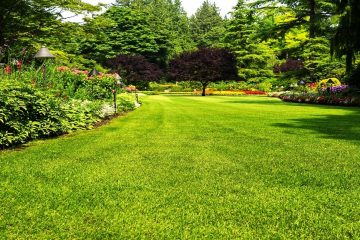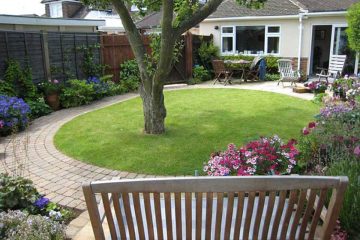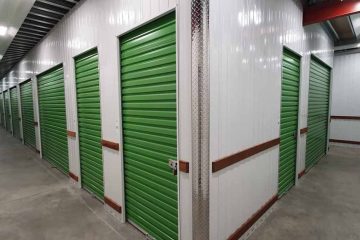In this age of condo and apartments, gardening is limited to balconies and few potted plants that appeal to aesthetic sense and go well with the décor of the house. Those living in houses built on their own land create a garden landscape in and around the home with care – usually with the help of an expert team like www.landscapeswa.com.au. Both attempts are worthy for the environment.
All household dwellers with gardens shall make a conscious attempt to make an eco-friendly garden that protects the environment and the soil. Make a choice of products that sustain the earth and are easily recycled. Waste reduction is also very important. The facts highlighted by research are that home gardens:
- slow down climate change through carbon imprint,
- reduce energy cost, and
- cut down waste
Composting Pit
Use garden waste to make manure pit for the garden. It breaks down quickly into moisture and nitrogen. It will diminish landfill waste, enrich the soil and reduce the cost of market manure for your garden. Household waste takes long to rot comparatively. It gives carbon and fiber. Both composts are good for plants. Compost pit is harmed by weeds, pet ease, sick plants, and soiled nappies as unwanted pests live on it.
Water Level
Water use in the garden must be planned with care. Water consumption must be regulated through:
- Collecting rain water
- Mulching
- Landscaping
- Drought resistant plants planting
Soil structure is improved through this method and moisture is maintained by reduction of evaporation. The garden appears neat and clean. Water landscaping is advisable.
Air
Air improvement is made through growing certain trees which promote and boost air quality. Your horticulture personnel will update you on this. The city air is full of unwanted gases and chemical particles that settle on the plants and adversely affect it. You can make an attempt to keep your garden air fresh and good through conscious effort.
Big and small trees grow in the garden. Each requires a different set of conditions. Plant big trees like beech, magnolia, and conifers to name a few that appeal to landscape and give shade to plants to thrive. The summer sun is harsh, and most plants require shade to grow. Trees curtail noise pollution.
Companion Planting
Various species of plants are inter-spaced with the same plant bed. This keeps the pests away. Pests and predators live together which complements the plants and trees, and less of pesticides is needed. Marigold, for instance, keeps away flying and soil creatures. Plan this sensibly for best results.
Birdfeeders
Place or hang birdfeeders. Birdfeeders limit:
- slugs
- caterpillars
- snails
- Minibeasts that thrive by eating plant leaves and barks
Birdfeeders encourage birds to settle at a particular location in the garden and reduce worms’ population. The plants stay healthy, and no chemical spray is required by the plants.
Feedback
You I am sure to have a lot of questions that require an informed answer. Contact us for explanation and we will be happy to help you. Gardening is a hobby for most of us and doing it the right way helps the environment. Carbon footsteps must be reduced. All of us can contribute to it in whatever small way we can. Interact with us.


